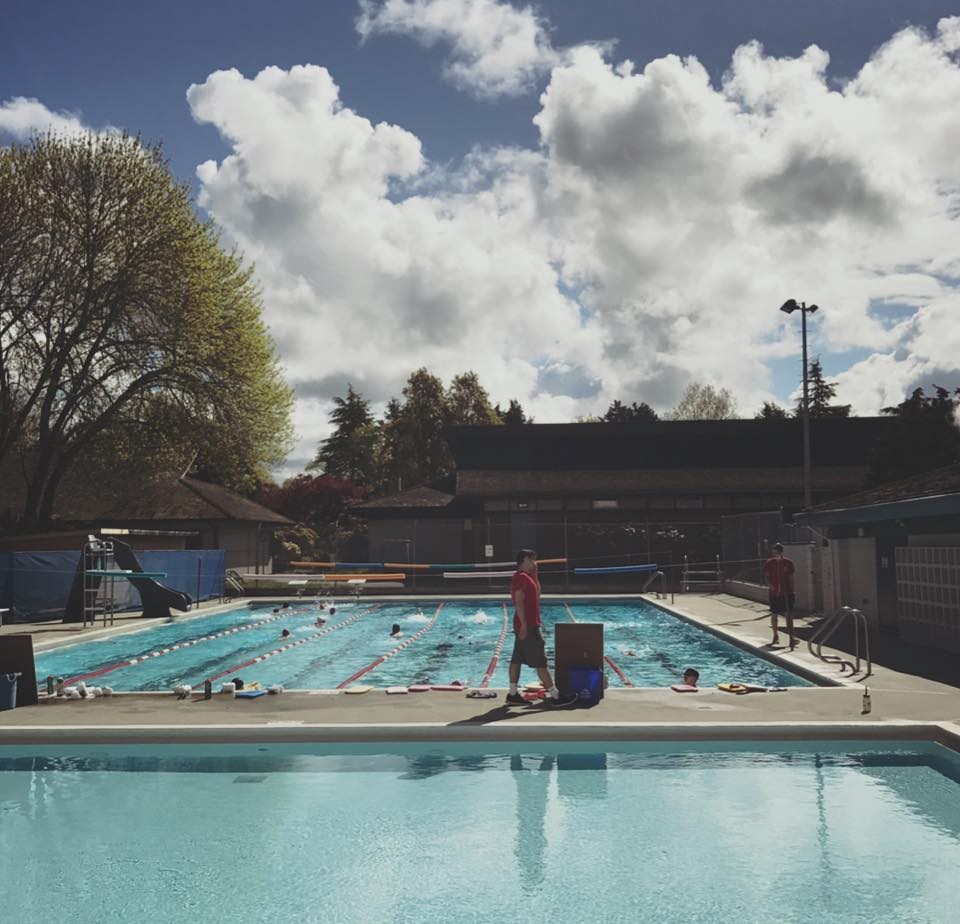Many British Columbians overestimate their swimming abilities and aren’t as prepared for the water as they may think, according to a new BC Hydro report released ahead of the B.C. Day long weekend.
BC Hydro manages 19 recreation sites at reservoirs across the province, which host around 2 million visitors throughout the year. Many of the sites have swimming areas.
The utility says a survey conducted on its behalf found there’s been an increase in drownings or near drowning incidents at its recreation sites in recent years. That includes two drownings in 2018 at BC Hydro’s Buntzen Lake recreation site near Port Moody, which were the first in over a decade.
The survey found that, while 85 per cent of respondents considered themselves to be experienced swimmers, 63 per cent said they are only in the water a few times each summer.
On top of that, around 85 per cent of respondents said they had not taken swimming lessons in more than 10 years, while another 10 per cent said they had never taken a single lesson.
“This lack of practice could be the reason why almost 30 per cent of British Columbians say they have had a near drowning experience, and 53 per cent have witnessed another person in the water in distress,” reads the report.
But other circumstances could also be at play, according to the survey, which also found many respondents admitted to “engaging in risky behaviour.”
The survey found:
- Nearly 50 per cent of respondents had gone in the water under the influence of alcohol or marijuana.
- About 20 per cent said they swam in areas they knew were off-limits.
- More than 40 per cent of parents acknowledged being somewhat distracted when their children are in the water.
- About a quarter of boaters, kayakers and canoers, and 58 per cent of tubers, said they don’t use personal floatation devices when engaging in those activities.
- Only around half of British Columbians have had basic first aid training at some point in their lives.
“The statistics are clear,” reads the report. “Overestimating your swimming abilities, using drugs or alcohol, swimming in non-designated areas and not keeping a constant eye on children are the most significant factors in drowning incidents.”
On average, 258 drowning deaths occur each year in Canada, according to the report.
To reduce the risk of an accident, BC Hydro recommends wearing a personal floatation device, never leaving children unsupervised, staying out of the water if under the influence of drugs or alcohol and keeping away from all dam structures and outside of safety booms and buoys.
The online survey of 600 British Columbians was conducted by Majid Khoury, on behalf of BC Hydro, between June 18 and 22.



